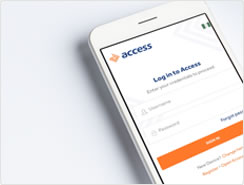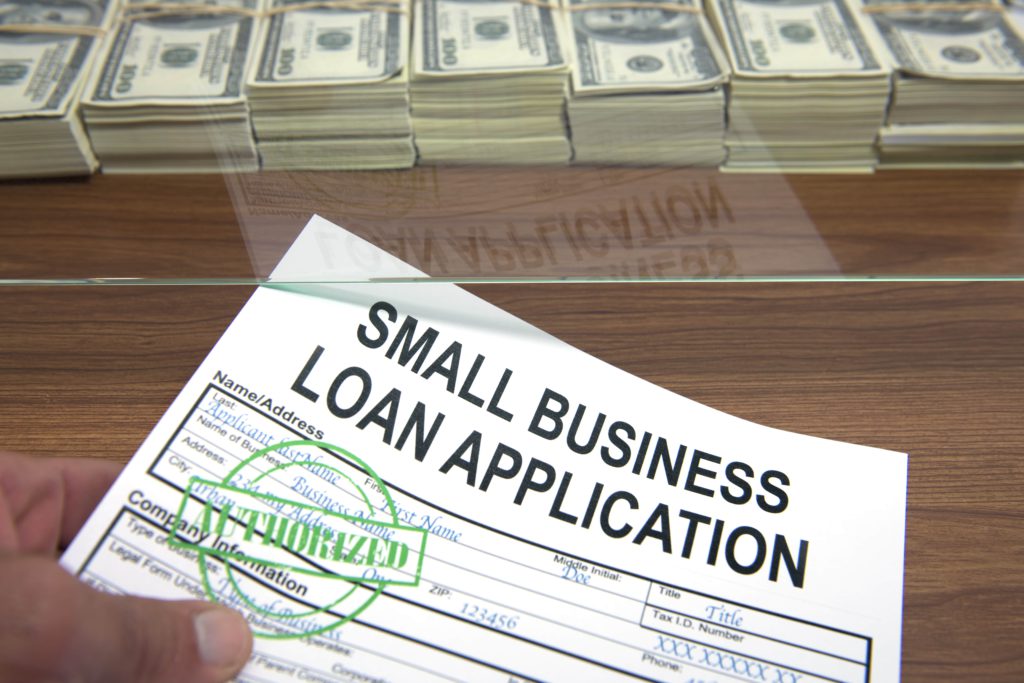Before obtaining a loan, there are a good number of considerations that you should have made. At the top of this consideration list, is the question of “How do I repay the loan?” If you have a solid answer to this, then you are most certainly ready to take the loan after all other requirements fall into place. However, to properly answer that question, you need to know how much you would repay after interest and other applicable fees. Therefore, this emphasizes the need for a loan calculator, which tells you what and how much you would pay occasionally, within the repayment timeframe.

Can I Afford a Loan?
Obtaining a loan that you do not have the direct capacity to repay within a reasonable time frame is tricky. Today, most financial institutions would not even give you sums they know you cant repay. This is why they set your maximum loan amount, based on your monthly income. You wouldn’t give someone earning N50k per month N5 million in loan, would you? A loan calculator helps you get a proper view of the total loan package, including important details like sum after interest, and minimum monthly payments.
How do I calculate the interest cost on a loan?
At the point of application, the institution indicates the applicable interest on the loan, leaving you to accept or reject. Therefore, you can estimate the interest value through a mathematical calculation, to discover the amount you would repay. However, for a much easier procedure, you can simply use a loan calculator to calculate the exact value. This is one of the benefits of a loan calculator.
What is a loan calculator used for?
Basically, a loan calculator is a tool that helps you predict how much a personal loan would cost you to repay. It displays the total amount you’d repay, interest inclusive, and also the minimum monthly amount you’d need to remit to pay up within the loan repayment tenor. Therefore, what you have to do is input the details of your loan in the calculator, and it handles the rest. You can use a loan calculator across a wide array of loans, including mortgages, auto loans, personal loans, and other fixed loan types.
Where can I find a loan calculator?
Currently, most financial institutions that offer loans also give customers access to a free loan calculator on their website. Therefore, you can simply visit their site and make use of it. However, in case when they don’t, you can make use of the online software https://www.calculator.net/loan-calculator.html. The site allows you to calculate loan rates by supplying the details of the loan in the available boxes and clicking calculate. In a second or two, your figures would be ready.
Conclusion
Loan calculators have made loaning so much easier, as you do not have to sit to solve math in order to know the exact sum you’re to pay back. Instead, with a loan calculator, you can even check other parameters that would give you a better perspective towards the loan. The Credit Bureau has a list of all loan defaulters, you should calculate your loan and pay up on time.







